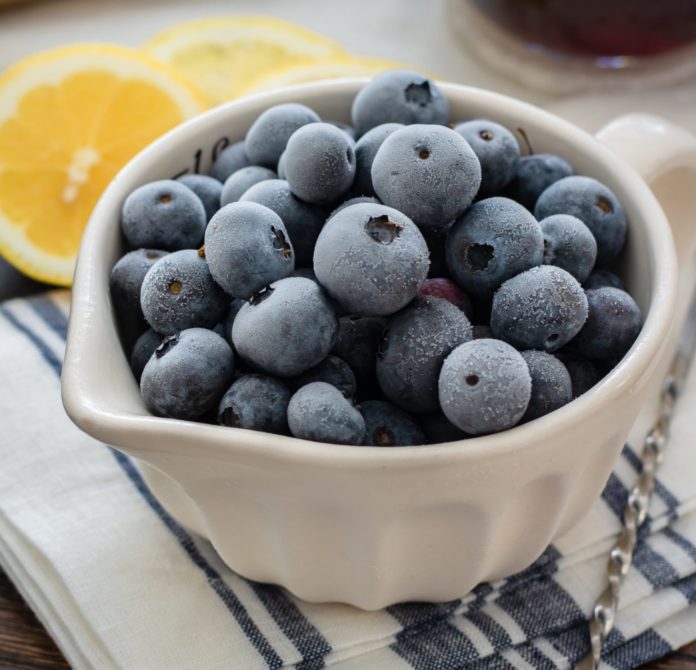Frozen food often gets a bad rep, being viewed as less healthy and of bad quality compared to fresh food. But contrary to popular belief, frozen food is just as good as fresh food. It can be even better in some cases. Over the years, there have been several popular myths linked with frozen food that has caused consumers to shy away from it. Let’s check them out and see why you should not believe in them.
Frozen Food Has Fewer Nutrients
The argument that is often made in support of fresh food versus frozen food is that fresh food has more nutrients. And this sounds perfectly rational, as the food is most nutritious when fresh. But there is a catch.
Fresh food comes to our table after days and sometimes even weeks of transport. This is especially the case with fruit and vegetables, which are often picked and shipped before becoming ripe. And with each passing day, the food loses its nutrients and quality.
Frozen food, on the other hand, doesn’t have this problem. The freezing process locks all the nutrients and prevents the outside factors from jeopardizing the quality of the food. This is supported by various studies that even showed that frozen veggies and fruit could be richer in nutrients compared to their fresh counterparts.
Frozen Food Contains Sodium and Preservatives
Another popular myth surrounding frozen food is that it’s full of sodium and other preservatives to keep its features for longer. But this isn’t exactly true.
Sodium and preservatives are added to food in order to extend their shelf life. But because freezing serves as a preservative, there is no need to include chemicals in the process.
However, some packaged frozen meals can contain high amounts of sodium to enhance the flavor. This is why it’s helpful to check the labels for sodium content just to be sure.
Frozen Food is Expensive
We don’t blame you if you think frozen food is expensive. Food prices have been skyrocketing in recent years, and frozen foods follow this trend. However, they are still a cheaper option compared to take-outs, restaurants, and sometimes even cooking from scratch.
Most frozen meals cost half as much as the same dish in a restaurant. If you want to cook it yourself and the recipe requires ingredients not commonly found in the kitchen, you will probably spend a similar amount.
A pack of frozen fries can sure seem pricier than buying few potatoes and making your own. But take into account the time you will spend on prep work. Also, one pack usually contains a lot more fries than you need, meaning you can use it for several batches.
Another thing to take into consideration is that out-of-season food is always pricey. But the same food in its frozen variant will always be significantly cheaper. And we already learned that there is not a lot of difference between them.






